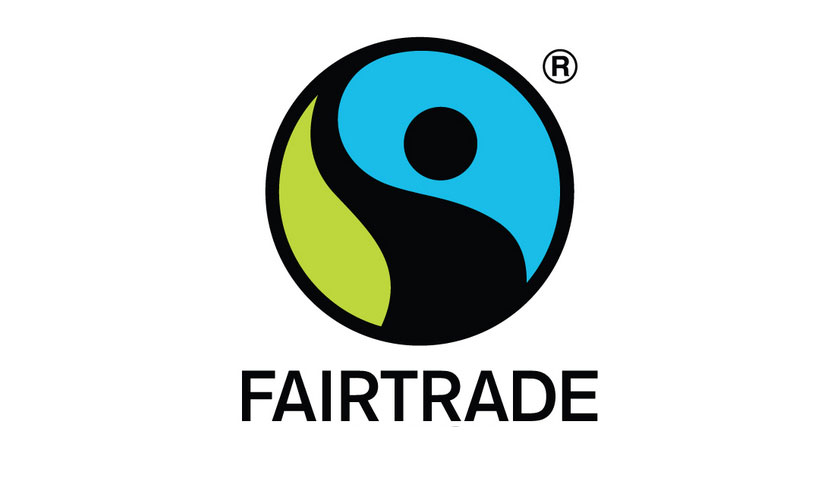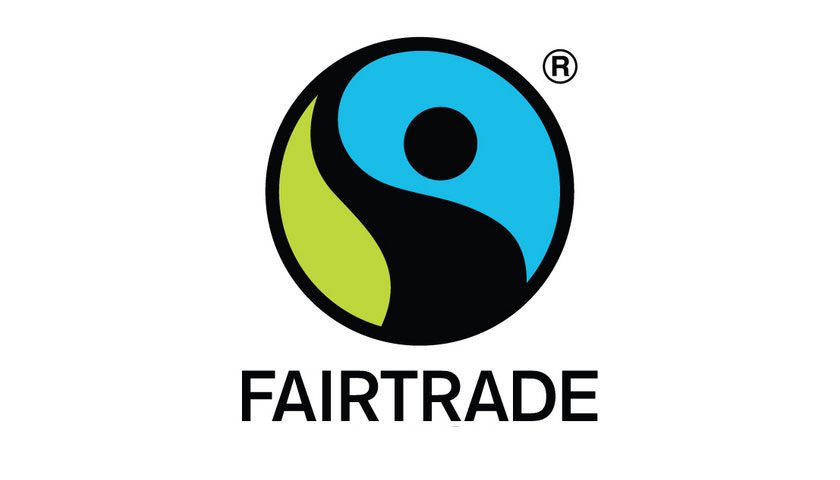Fairtrade, the world’s most recognized label for social justice and sustainability, and B Lab, a global network of organizations dedicated to transforming the economic system to be inclusive, equitable, and regenerative, are publishing today a new guide to support small companies in their human rights and environmental due diligence.
‘People and planet in business – A simple guide to how small and micro companies can start or strengthen their due diligence’ offers tailored guidance on how small and micro companies in all sectors can identify, prevent, mitigate and account for the negative impact of their business on human rights and the environment.
Guidance for small companies
As a result of increased social and environmental awareness by various sectors of the population, today more than ever is critical for companies to reduce human rights and environmental risks linked to their operations and value chains. Shoulder to shoulder with large corporations, a growing number of small and micro companies also recognize the importance of this.
However, almost all due diligence guidance is technical or aimed at large companies. Consequently, the expanding due diligence standards and regulations can appear complex and intimidating, particularly for smaller businesses with limited resources. Recognizing this gap, Fairtrade and B Lab have developed a new guide to support small companies in implementing socially and environmentally responsible business practices.
“We hope that due diligence will soon be regarded as an essential aspect of business operations, much like food safety standards are today. Just as people expect companies to take responsibility for the safety of their food products, regardless of where the company sources its ingredients, we believe that respect for human rights and the environment, throughout value chains, should become the norm for all companies,” says Maija Lumme, Business Development Manager at Fairtrade’s Centre of Excellence for HREDD.
Demystifying due diligence
“As small companies and self-employed individuals constitute the primary job providers globally, they play a pivotal role in driving meaningful change. With this guide we wish to encourage small businesses to spearhead the movement towards responsible business conduct,” Lumme continues.
The guide offers accessible and practical answers and step-by-step insights on how to navigate the realm of due diligence, even with limited resources.
“Fairtrade and B Lab hope to demystify the landscape of due diligence and inspire small companies to leverage their potential in contributing to positive change. With the collective effort of small and large companies alike, the aspiration for all businesses to respect human rights and the planet can become a reality,” says Bernard Gouw B Lab’s senior manager of social standards.
The last part in Fairtrade’s series of HREDD guides
The ‘People and planet in business’ guide follows the release of the three Fairtrade publications offering guidance to farmer cooperatives, large farms with a hired workforce, and traders who buy directly from farmer cooperatives and large farms. The series supports all actors in global value chains to find orientation and practical advice for collaborating on their due diligence journeys.
“The responsibility to address harms is shared between all parties in a value chain. Our series of guides highlight that the costs of due diligence must be shared too, not cascaded on farmers at the beginning of global supply chains. This means that all companies, even the small ones, can play an important part in reducing adverse impacts on people, climate, and the environment across,” says Fairtrade’s Business and Human Rights Director Tytti Nahi
Fairtrade works to address and monitor salient issues in agricultural value chains. As such, partnerships with Fairtrade bring strong support for companies in the implementation of each step of their due diligence responsibilities, from risk identification to tracking and communication.
In particular, Fairtrade can support companies with the prevention and mitigation of harms and risks in those global supply chains with which Fairtrade works. This step is the gist of due diligence – it’s about changing practices, improving people’s lives, and protecting the environment.

